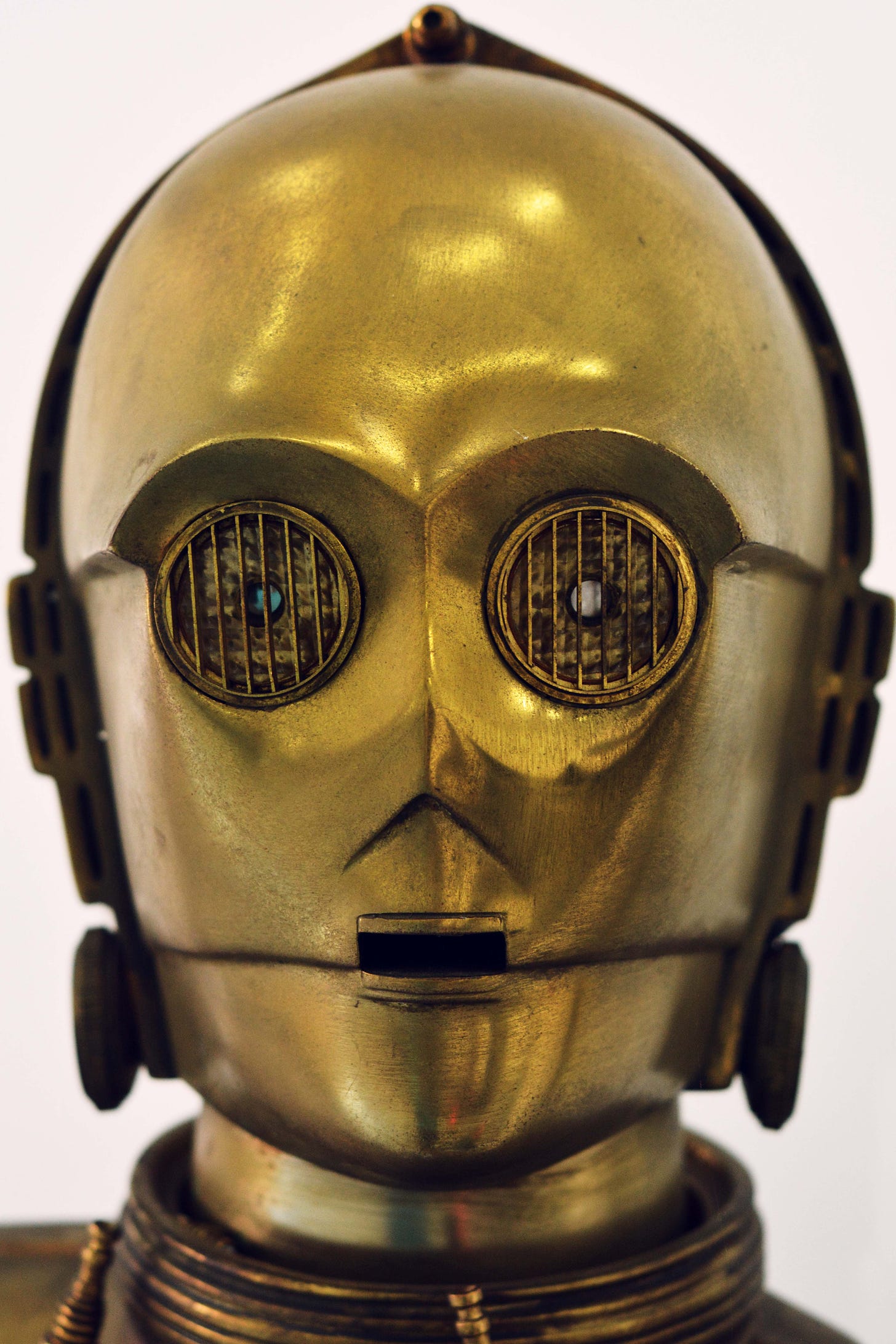Why Your Health Will Be in the Loving Hands of Robots
Photo by Lyman Hansel Gerona on Unsplash
Two rapidly accelerating trends approaching from opposite directions are about to collide like a couple of lovesick asteroids. The impact of that collision will influence your future and mine.
One trend is the continued Growth in the number of older adults. Another 10,000 Baby Boomers reach the traditional age of Retirement each day, and that pace will not slow for at least eight years. By 2050, the ranks of elderly Americans will swell to 84 million.
The other trend is the deepening shortage of healthcare workers available to take care of those older adults, including you and me. A healthcare consulting firm’s study predicts a shortage of 400,000 home health care aides and 29,400 nurse practitioners by 2025.
Where are the Helpers?
Nearly all of us will need help from healthcare workers in our final years, which is why the U.S. Bureau of Labor Statistics projects home health and personal care aides will be the fastest growing job category in the nation, growing 33% in the next decade. Unfortunately, hundreds of thousands of those jobs are unfilled today and will likely be unfilled in the future, barring any major changes in the healthcare industry. The work is hard, the pay is low, the prestige is negligible. New immigrants filled many of these jobs in the past, but current U.S. immigration policies sharply limit the number of new immigrants. Current policy favors highly skilled workers; entry-level health care jobs are classified as low skill.
Some policymakers want to loosen the immigration rules. Others want to raise the pay and prestige of health care workers (which would also make their services more expensive. But given that all-American zest for inventive, creative approaches – especially those involving Technology and promising to reduce labor costs – healthcare and tech companies are turning enthusiastically to Artificial Intelligence (AI) tools to save the day.
With generous research dollars from government and universities, tech companies are researching and bringing to market a wide range of products that promise to help older adults. This growing sector, known as AgeTech, has first concentrated on tools to help older adults remain in their homes longer. We already have censors that detect when someone falls, but now AI tools also predict falls in advance. We have Alexa and her sisters to answer our questions, but with more AI, we have robotic companions that tell stories, sing, or offer to play games. An AI improvement on the “nanny cam” monitors an older adult’s movements and sounds an alarm if the movements deviate from their normal pattern. There are devices that not only monitor vital signs but use algorithms to predict declines in health and enable early medical intervention. In addition to home use, heathcare facilities are employing AI tools to compensate for their shortage of staff to monitor patients.
The tools come in many formats. Some are stand-alone robots, the most advanced of which move their arms when they talk (Italian style). Others are portable and wearable devices such as watches, or even smart implants. On what is now the leading edge, really ambitious designs are augmenting smart homes with hubs and monitoring systems.
Still a Few Bugs in the System
My first reaction to these shiny new tools is a hearty Gee whiz! Unfortunately, there are problems with operating these AI devices in a world of real human beings. The first fundamental issue is as old as computing itself: Garbage In, Garbage Out. Specifically, some of the intelligence in AgeTech products doesn’t accurately reflect the reality of older adults.
The World Health Organization issued a policy brief in February warning that data used to develop AI tools may be skewed by ageist stereotypes, prejudice, and discrimination. This shouldn’t be surprising – a recent study of 96 academic publications about human-robot interactions found a prevailing view among researchers that old people are fragile, cognitively impaired, barely mobile, and incapable of social interaction. Tech designers rarely seek out the opinions of the older adults for whom their products are allegedly targeted.
When designers do ask older adults, the feedback isn’t always what the techies want to hear. In a focus group with older adults and their caregivers in Italy, a fancy French companion robot got decidedly mixed reviews. In Japan, an American company recently introduced a wearable device that detects eating motions, but they failed to calibrate the device for people who eat with chopsticks.
Getting It Right
If the present trends continue, we can expect to interact with robots and AI-enhanced devices as we proceed down the home stretch. To receive the best care for ourselves and those we love, we need to demand that AI technology factor in the preferences and experiences of real older adults – not ageist stereotypes – in creating the machines that will watch over us, alert us, and tell us bedtime stories.
Was your transition to retirement bumpy?
I want to interview people about their own retirement experience for a book I’m researching. If you care to share your story, please email me at don@donakchin.com to set up a remote interview.
























